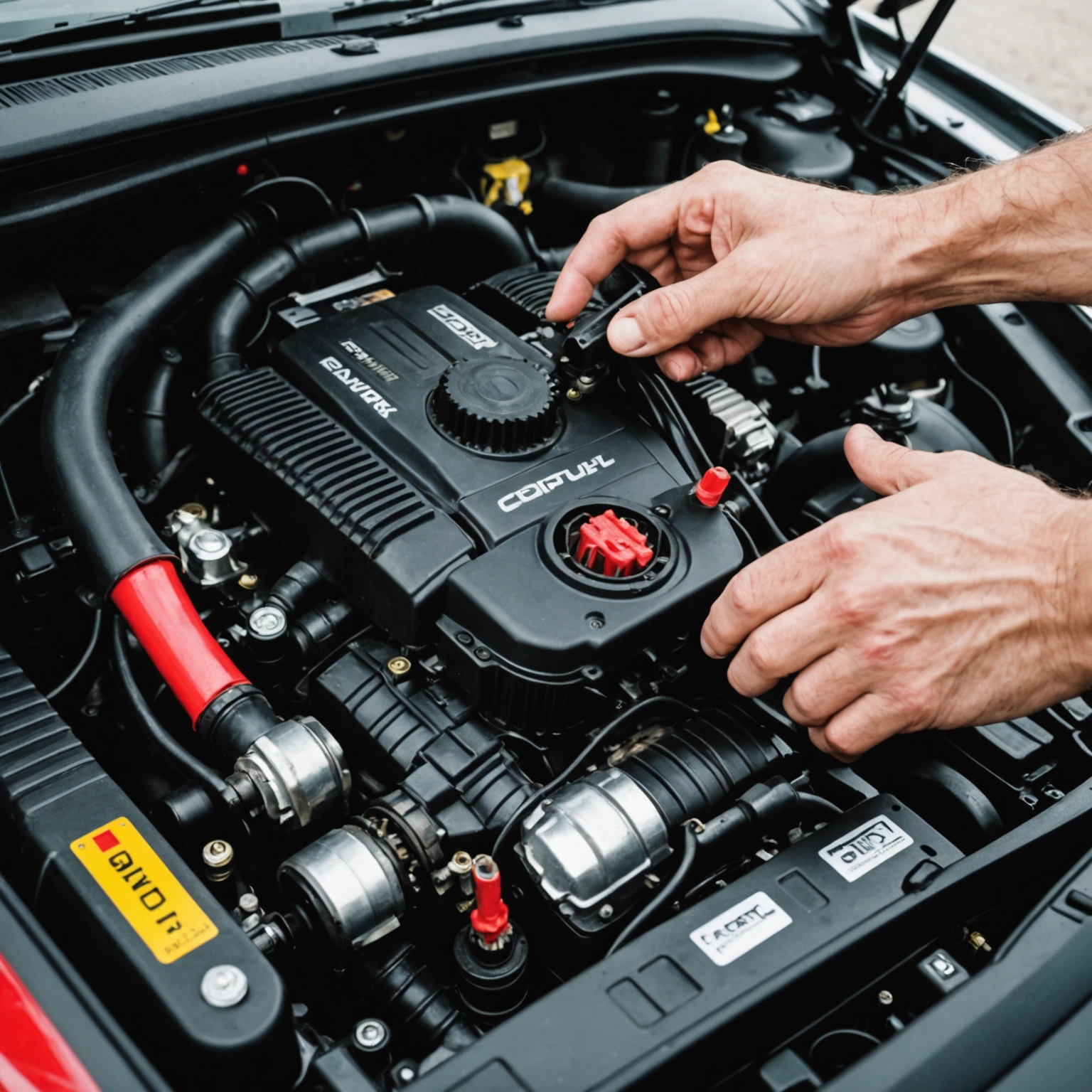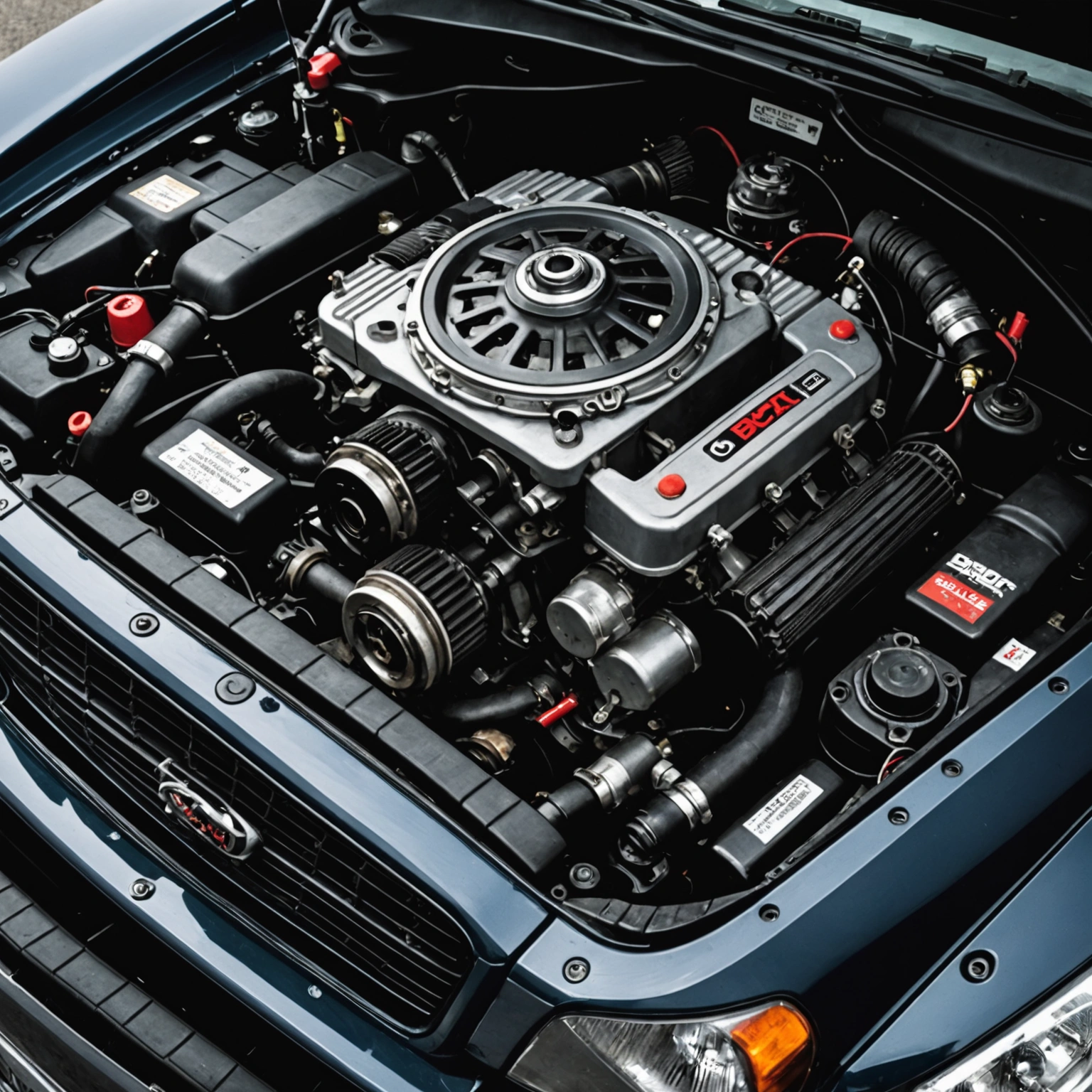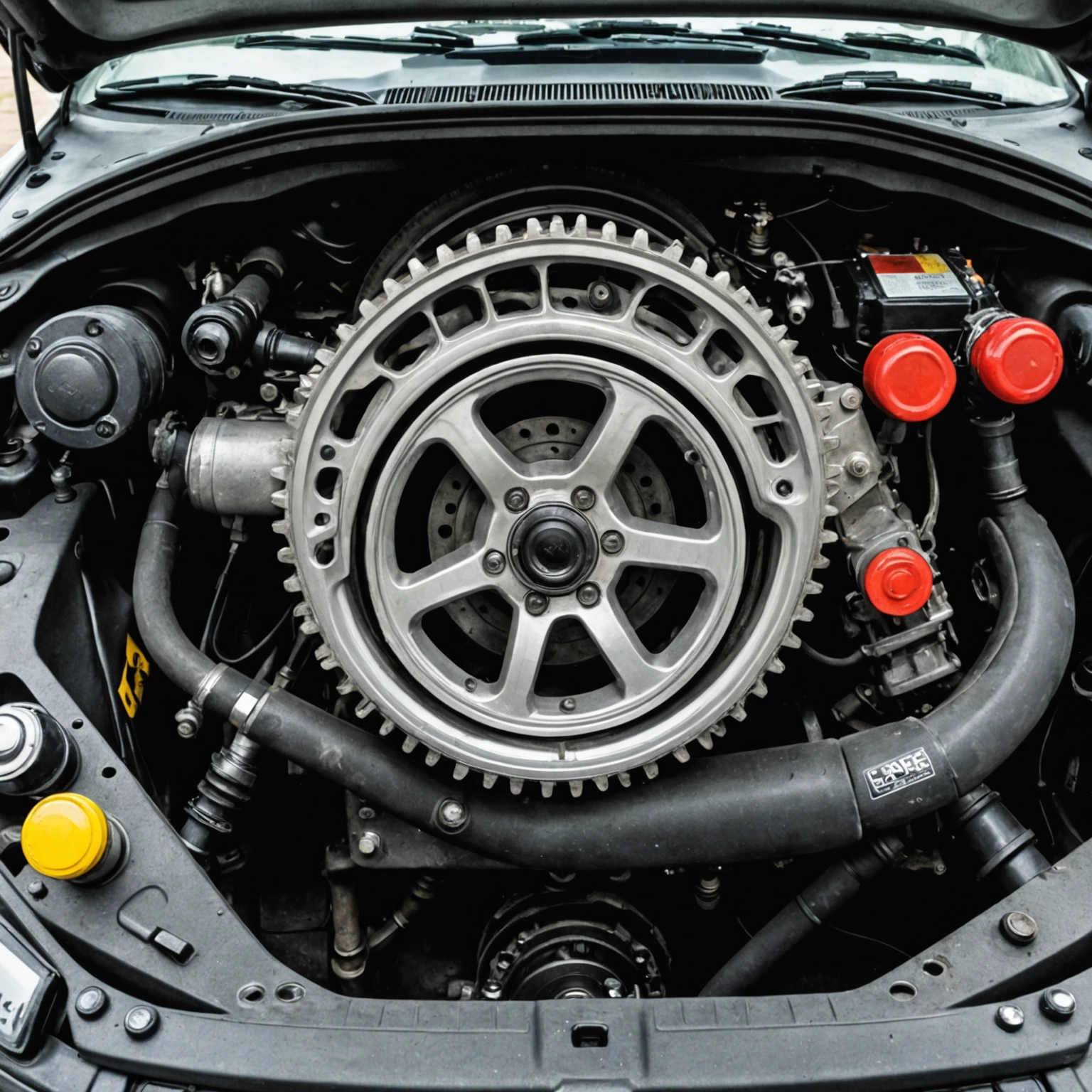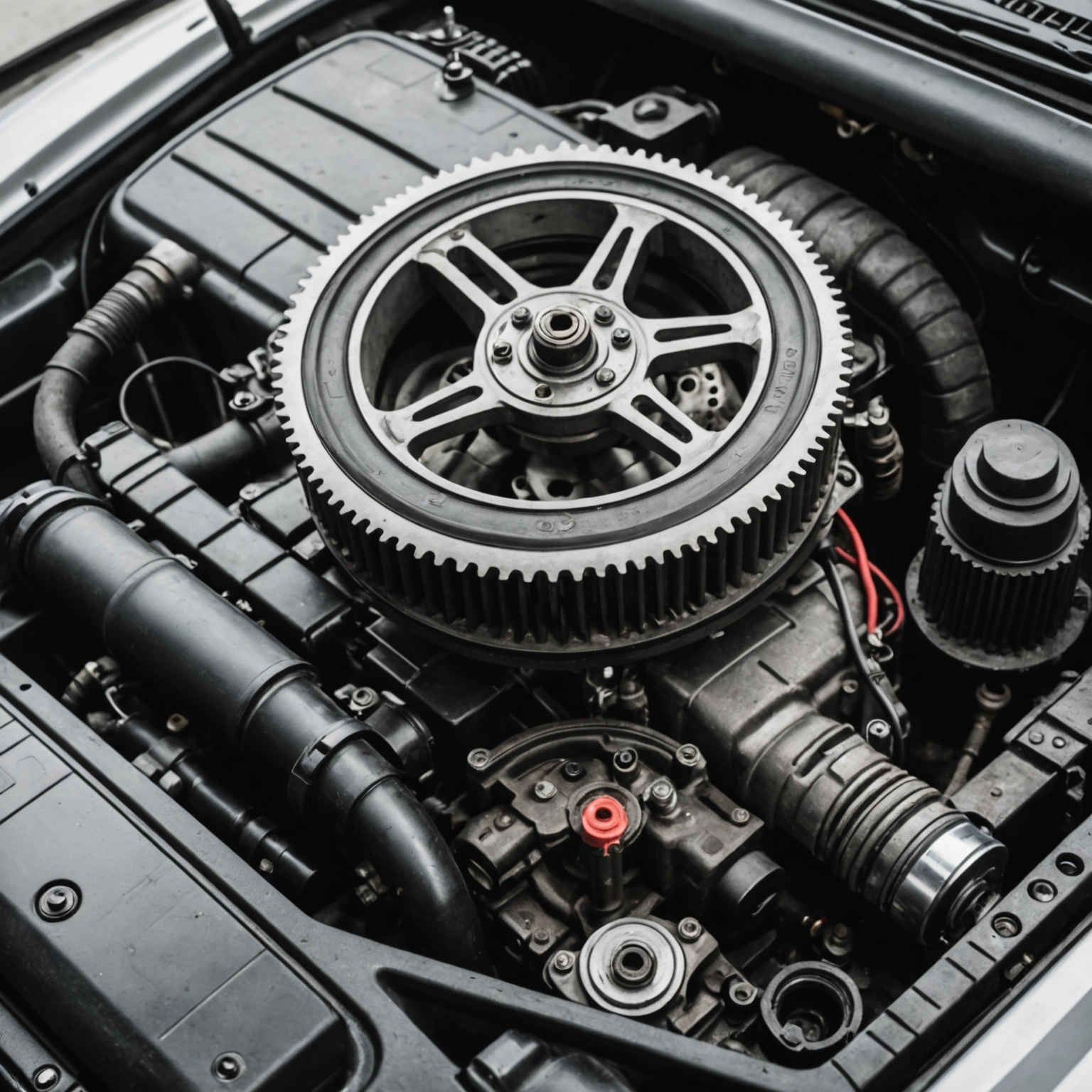**Why Does My Car Crank But Not Start? Understanding the Common Causes**
If you’ve turned the key or pressed the start button and your car’s engine cranks but doesn’t start, you’re not alone. This frustrating situation can be caused by a variety of issues, ranging from minor glitches to more serious mechanical problems. Understanding the common reasons behind this problem can help you diagnose the issue more effectively or communicate clearly with your mechanic. Let’s explore the most typical causes.

### 1. **Fuel System Problems**
**a. Empty or Low Fuel:**

It might sound obvious, but sometimes the simplest explanation is the correct one. Ensure your vehicle has enough fuel in the tank.
**b. Faulty Fuel Pump:**

The fuel pump delivers gasoline from the tank to the engine. If it fails, your engine won’t receive the fuel it needs to start. Symptoms include a whining noise from the fuel tank or no fuel pressure when trying to start.
**c. Clogged Fuel Filter:**

A clogged filter can restrict fuel flow, preventing the engine from starting even though the pump is working correctly.
### 2. **Ignition System Issues**
**a. Bad Spark Plugs or Wires:**
Spark plugs ignite the fuel-air mixture in your engine. Worn or fouled spark plugs can prevent ignition, causing the car to crank but not start.
**b. Ignition Coil Problems:**
A faulty coil can lead to weak or no spark, hindering combustion.
### 3. **Battery and Electrical System**
**a. Weak or Dead Battery:**
While a dead battery typically prevents the engine from cranking, a weak one might provide enough power for cranking but not enough for ignition or fuel injection systems to function properly.
**b. Corroded or Loose Connections:**
Corrosion or loose wiring at the battery terminals or starter can cause starting issues.
### 4. **Starter Motor and Solenoid**
A malfunctioning starter motor or solenoid can cause the engine to crank but fail to start the combustion process. Sometimes, you may hear a click without engine rotation, indicating starter issues.
### 5. **Sensor and ECU Problems**
Modern vehicles rely on sensors and the Engine Control Unit (ECU) to manage starting. Faulty crankshaft position sensors, camshaft sensors, or issues with the ECU can prevent engine startup even if the engine cranks.
### 6. **Security or Immobilizer System**
If your vehicle’s anti-theft system detects an issue or the key fob isn’t recognized, it may prevent the engine from starting despite cranking.
—
## Troubleshooting Tips
– **Check the Fuel Level:** Ensure there’s enough fuel.
– **Listen for the Fuel Pump:** When turning the key to the “On” position, you should hear a faint humming sound indicating the pump is working.
– **Inspect Battery and Connections:** Look for corrosion and ensure terminals are tight.
– **Examine Spark Plugs:** Remove and inspect for wear or fouling.
– **Look for Error Codes:** Use an OBD-II scanner to identify potential sensor or ECU issues.
– **Check Fuses and Relays:** Ensure related fuses and relays are intact.
—
## When to Seek Professional Help
If you’ve gone through basic troubleshooting and your car still cranks but won’t start, it’s time to consult a professional mechanic. They can perform detailed diagnostics to pinpoint the exact cause and recommend necessary repairs.
—
## Final Thoughts
A car that cranks but doesn’t start can be caused by a multitude of factors. While some causes are straightforward and easy to fix, others require specialized tools and expertise. Regular maintenance and prompt attention to warning signs can help prevent these issues and keep your vehicle running smoothly.
If you’re ever unsure, consult with a trusted mechanic to ensure your vehicle gets the proper diagnosis and repair it needs. Safe driving!

